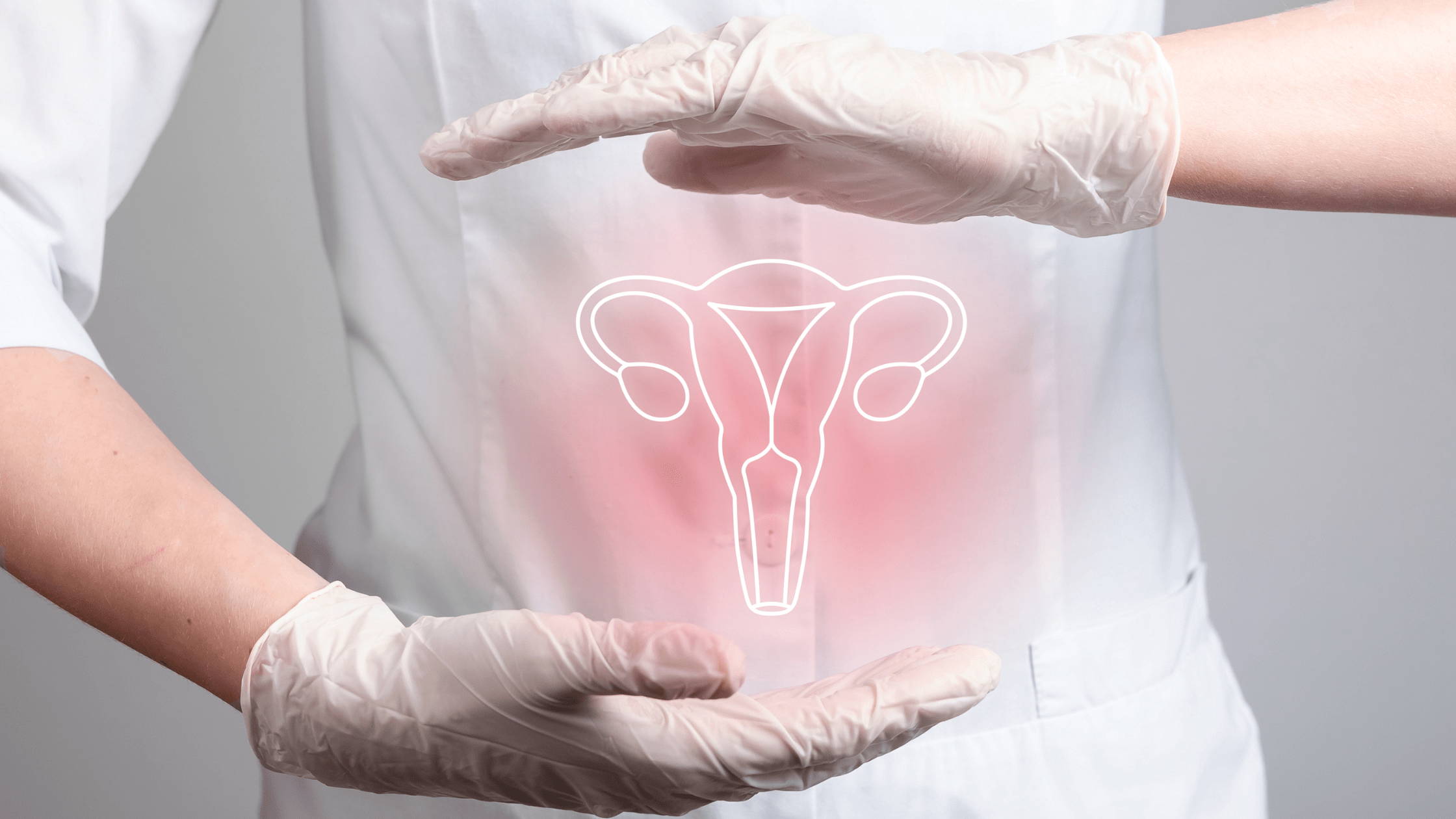What is IUI and how does it differ from IVF?

IUI stands for intrauterine insemination and it’s a fertility treatment involving inserting sperm directly into a woman’s womb.
It’s a much less complex procedure than IVF and less invasive, so it’s often offered to couples and individuals as an alternative, prior to trying IVF.
Who might be offered IUI treatment?
IUI is not suitable for everyone with infertility, for example, if a woman’s fallopian tubes are damaged or blocked. However, it can bypass some barriers to conception for many couples and individuals, reducing the need for IVF treatments.
People who may benefit from IUI treatment include:
- LGBTQ couples or individuals and heterosexual individuals without a partner, who are relying on a sperm donor to conceive. IUI is a simpler way to put the sperm and egg together, if the woman has no other identified fertility issues or barriers.
- Heterosexual couples who have been trying unsuccessfully to conceive for over a year (if under 35) or over 6 months (if 35 or over).
- Couples who cannot have sexual intercourse, due to a physical disability or a reason why unprotected sex isn’t safe for them.
What happens prior to IUI treatment?
A fertility assessment will be done prior to starting IUI treatment, to find out if it is a suitable option for you.
Your fertility specialist will talk to you about your menstrual cycle and ovulation prediction, as the best time to start an IUI cycle is just after ovulation.
If it is, your fertility specialist will discuss with you whether you want to have a stimulated cycle (with fertility drugs) or an unstimulated cycle (natural).

What’s involved in the IUI process?
If a couple are using their own sperm, then the man will need to provide a sperm sample in a cup at the clinic. The sample will then be washed and a concentrated sample of healthy sperm will be selected. This all usually happens on the day of the IUI procedure.
If you are using donor sperm, it’s a legal requirement in the UK for the sperm to be screened for inherited diseases and infections, so donor sperm is frozen, to allow time for detection.
During the IUI procedure, a speculum is inserted into the woman’s vagina. A thin tube is guided through the vagina and into the womb and then the sperm sample passes through the tube, directly into the womb.
IUI is a very short, mostly painless procedure, taking only about 10 minutes and meaning that you can go home shortly afterwards. You may experience slight cramps, but your fertility specialist will advise you on what to do if this happens.
IUI is a generally low-risk procedure, especially with the natural version. With stimulated IUI, there is a slight risk of ovarian hyper-stimulation and also of multiple births. Your clinic will be able to give you more information about this.
Is IUI available on the NHS?
As with IVF treatment, IUI is available to some people on the NHS. There are NICE guidelines in place that govern this, but CCGs (local clinical commissioning groups) can impose their own conditions, meaning that accessibility to NHS funded IUI treatment can vary considerably, depending on where you live.
Where can we get donor sperm from?
Donor sperm can be obtained from someone that you know, through your fertility clinic, or from another source. It’s important for you to be aware of the legal implications around the use of donor sperm, regarding the rights of the donor and the child (children).
At the IVF Network, we aim to provide information and support for everyone struggling with fertility, to help you to make informed choices during your own fertility journey.